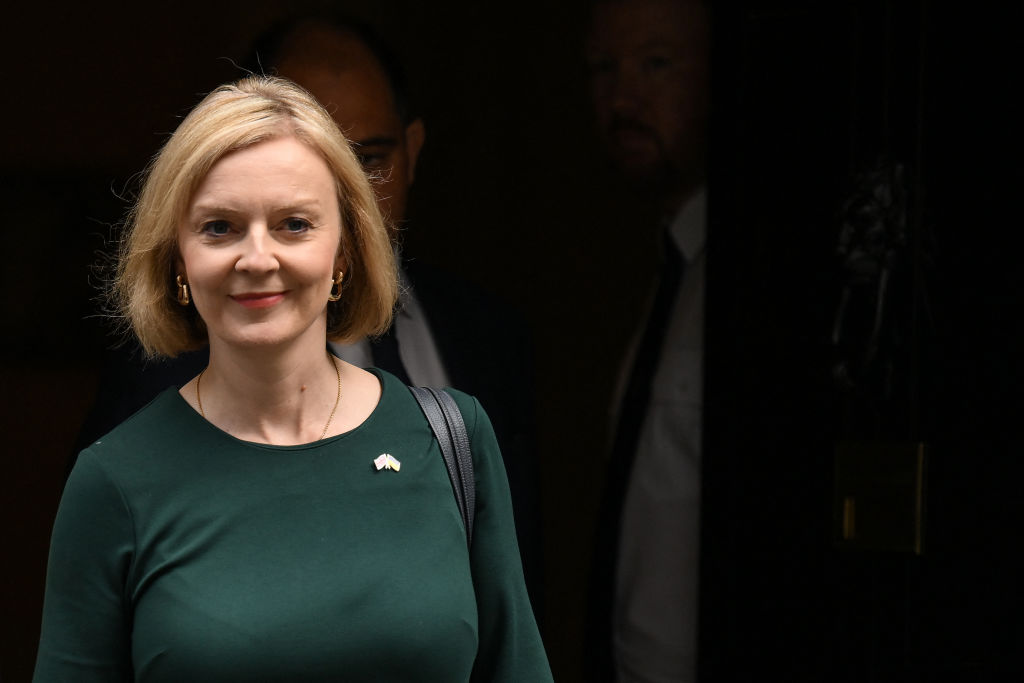Liz Truss is in a race against time. It’s not just the prospect of an election in two years. It’s the political problems – from party management to events outside of one’s control – that quickly clog up a prime minister’s in-tray. It’s why for all the efforts to play down Friday’s fiscal event as a mini-Budget, it is likely to be anything but small. Truss and her Chancellor Kwasi Kwarteng plan to push through as much as possible while their stock is highest.
The official budget – complete with a long-awaited OBR forecast – will come later this winter, but, inside government, Friday is viewed as the bigger event. Given it is all about tax cuts and growth, Friday’s fiscal event may be the more significant in terms of government actions.
Truss and Kwarteng are taking a gamble – and it won’t be too long before it becomes clear whether or not it is paying off
Two things that will definitely be in it are the campaign pledges to scrap the national insurance hike and cancel the planned corporation tax hike. Already various others plans have leaked out from scrapping the cap on bankers’ bonuses to – what has been touted as the rabbit in the hat – cutting stamp duty. But the number of planned measures for Friday (going well into double figures) means there could be more than one rabbit to pick from.
Truss and Kwarteng have said their priority is to boost growth. In order to do that, they are undoing plenty of policies by their predecessors. The plan for investment zones – areas that could benefit from a lighter planning regime and various tax breaks – has already been briefed as a change of priorities compared to the former Levelling Up secretary Michael Gove. A government insider told the Financial Times this week: ‘The plans make Gove look like a socialist.’ There will also be further measures to undo more of the policies brought in by Rishi Sunak as Chancellor.
Coffee House understands one plan under consideration is the return of tax-free shopping for tourists. As Chancellor, Sunak axed the 20 per cent discount for foreign visitors – leading to an outcry from MPs who said it would make Britain less attractive to businesses. At the time, the Treasury defended his decision on the grounds that ‘this is getting rid of a tax cut that mainly benefits foreign billionaires.’ However, the sector has voiced frustrations that this has led UK business to drop off while European capitals have seen business go up.
How will all this go down? As the Bank of England raise interest rates by 0.5 percentage points to 2.25 per cent in an attempt to combat inflation, already there are warnings about the effect of the government’s planned borrowing. The Institute for Fiscal Studies has said that the planned tax cuts are likely to push UK borrowing and debt to unsustainable levels. The hope in government is that rather than spark alarm, the markets will have already priced in the new direction they are taking, and what happened in August suggests they may well have done so.
‘The strategy is do everything now,’ says a government insider. ‘This government has balls of steel’. In adopting this approach, Truss and Kwarteng are taking a gamble – and it won’t be too long before it becomes clear whether or not it is paying off.







Comments